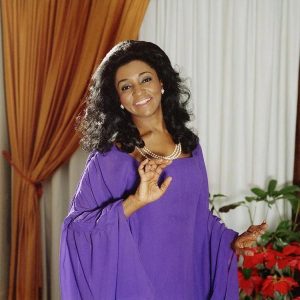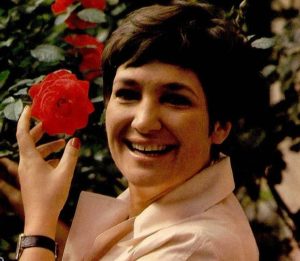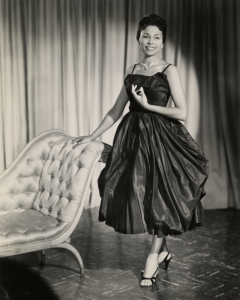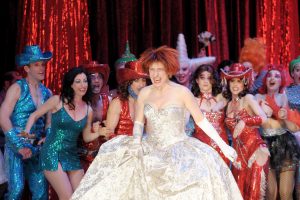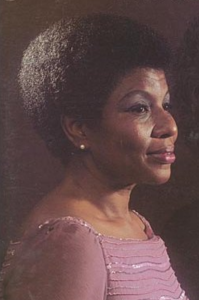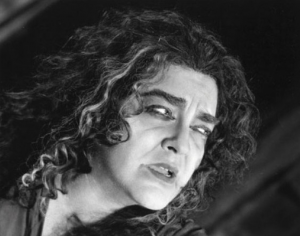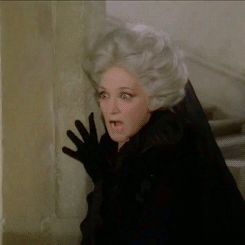Podcast: Play in new window | Download (Duration: 1:27:01 — 93.3MB) | Embed
Subscribe: Spotify | TuneIn | RSS | More
It’s Pride Month, and what better time to focus on queer musical culture in all its various manifestations! As far back as I can remember, I have been an Opera Queen, and today I kick off our queer celebrations with the a tribute to one of our favorite divas, the late Grace Bumbry. The chutzpah that she demonstrated throughout her career found particularly thrilling manifestation when she began transitioning to soprano roles in the early 1970s. Always an intrepid singer, Bumbry had a confidence, a fearlessness that swept all before it. Sometimes her reach exceeded her grasp, but even so, the results were always breathtaking, more often than not in a good way. I am not going to make the tired claim that Bumbry should have remained a mezzo and that when she started singing soprano, she destroyed her instrument. This tired trope is belied by the evidence at hand, including an active singing career that lasted more than 60 years. A while back I did a version of this episode featuring her studio recordings of the soprano repertoire, but there’s a wild, abandoned quality to her soprano singing that is especially compelling in live recordings. So today I have sought out live performances captured on recordings between 1971 and 2007 (at a seventieth birthday concert) which reveal La Bumbarina at her most thrilling, including excerpts from Tosca, La Gioconda, Il Trovatore, Nabucco, Porgy and Bess, Ernani, L’Africaine, Aida, Salome, and Anna Bolena with such co-stars as Franco Corelli, Norman Bailey, Louis Quilico, and her beloved frenemy Shirley Verrett. If you love Grace, you don’t want to miss this episode.
Countermelody is a podcast devoted to the glory and the power of the human voice raised in song. Singer and vocal aficionado Daniel Gundlach explores great singers of the past and present focusing in particular on those who are less well-remembered today than they should be. Daniel’s lifetime in music as a professional countertenor, pianist, vocal coach, voice teacher, and journalist yields an exciting array of anecdotes, impressions, and “inside stories.” At Countermelody’s core is the celebration of great singers of all stripes, their instruments, and the connection they make to the words they sing. By clicking on the following link (https://linktr.ee/CountermelodyPodcast) you can find the dedicated Countermelody website which contains additional content including artist photos and episode setlists. The link will also take you to Countermelody’s Patreon page, where you can pledge your monthly or yearly support at whatever level you can afford.
